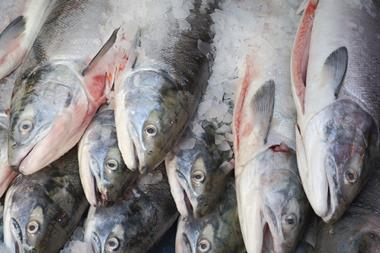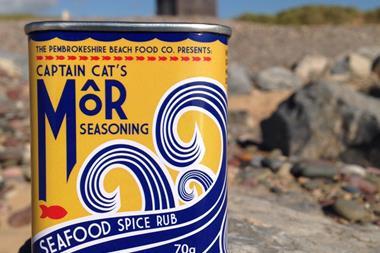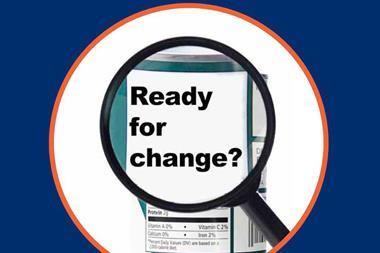Salmon suppliers have moved to reassure UK buyers about wild salmon supplies and prices after a major mine waste spill in Canada threatened to disrupt the local salmon market.
The breach earlier this month of the tailing ponds of a copper and gold mine at Mt Polley on Quesnel Lake in British Columbia sparked concerns about Canadian salmon production, as the Fraser River - of which the Quesnel waterways are a part - is the most significant sockeye salmon run in Canada.
This year’s sockeye run in the Fraser River was expected to be close to the record level seen in 2010 when catches reached almost 20 million tonnes - 10% of global production. Local reports initially suggested sockeye production could be hit hard this year. But although the spill is not expected to affect adult fish returning to spawn in the river this year, it could affect juveniles currently rearing in the waterway.
“The possible impacts on the Fraser River sockeye salmon as a result of tailings deposit into Quesnel Lake are not known at this time,” said Megan Adam, a spokeswoman for Fisheries and Oceans Canada. “Fisheries and Oceans Canada will be closely monitoring the salmon run as it approaches the Quesnel system over the coming days to assess the potential effects of these pollutants and other factors including water temperature on salmon returns.”
In any case, there was unlikely to be any impact on the UK, suppliers said. The UK market for sockeye salmon - which tends to be sold as a premium product - is small, and most is from Alaska.
For the majority of the UK salmon market - which is dominated by farmed fish - prices would be unaffected. Although “some products of wild salmon compete from time to time with farmed salmon at the point of purchase for the consumer,” they were generally separate categories, said Egil Ove Sundheim, USA director for the Norwegian Seafood Council.
Instead, wider global supply and demand dynamics were the key factors driving salmon prices, he added. “The farmed salmon market is a global market. From a general perspective, these forces are dominating the market development in Europe, Asia and the Americas.”
Farmed salmon currently stands at £3.35/kg, down from £4.66/kg a year ago [Mintec].
Sign in to comment on this article
Not logged in before? Register for FREE guest access today.
You will be able to:
- Read more stories
- Receive daily newsletters
- Comment on stories
Advert



















No comments yet